
Bear Vs Bull Market: Easily Explained
Fun Fact: Whenever cryptos are being promoted in the mainstream or by your grandma, that’s a sign that crypto is in a bull market.
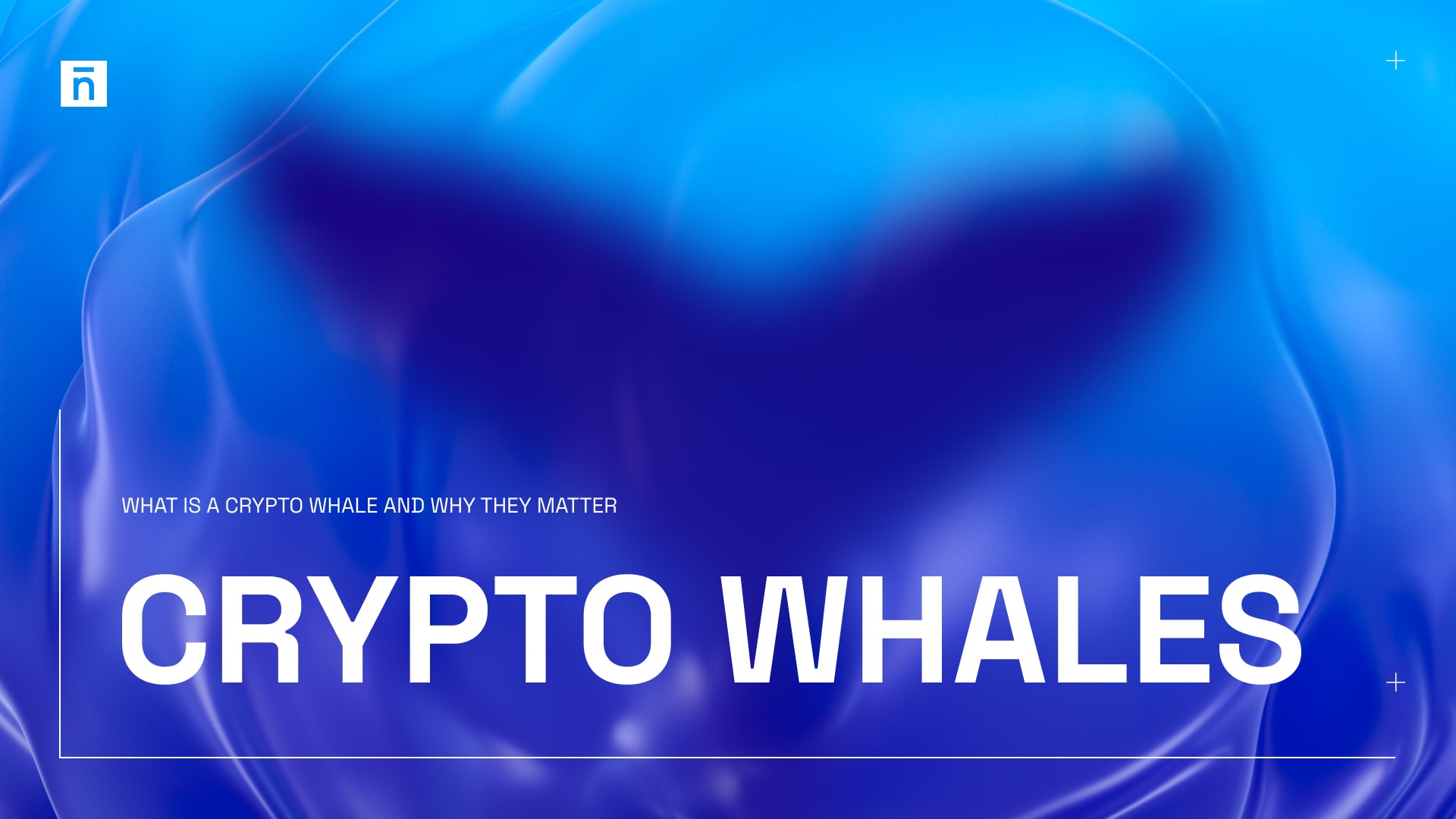
What Is a Crypto Whale And Why They Matter
Explore the world of crypto whales and their pivotal role in cryptocurrency markets. Discover why these influential players matter in the crypto ecosystem.
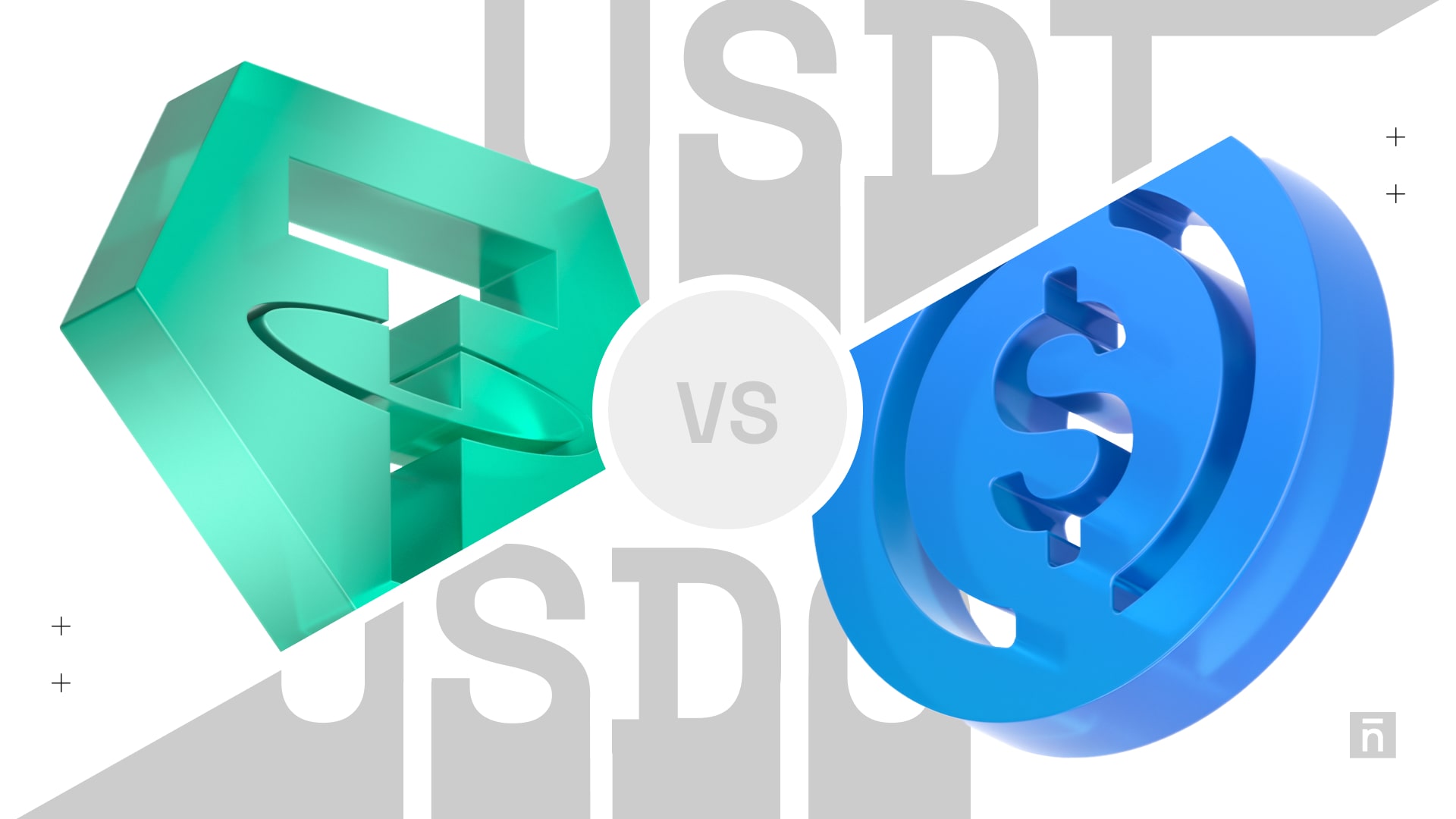
USDT vs USDC: What’s The Best Stablecoin?
Well, the advent of multiple USD stablecoins can be attributed to several key factors. Firstly, different projects and platforms have varying objectives and use cases for stablecoins.
Some prioritize transparency and regulatory compliance, while others focus on decentralized governance, speed, or integration with specific blockchain networks.
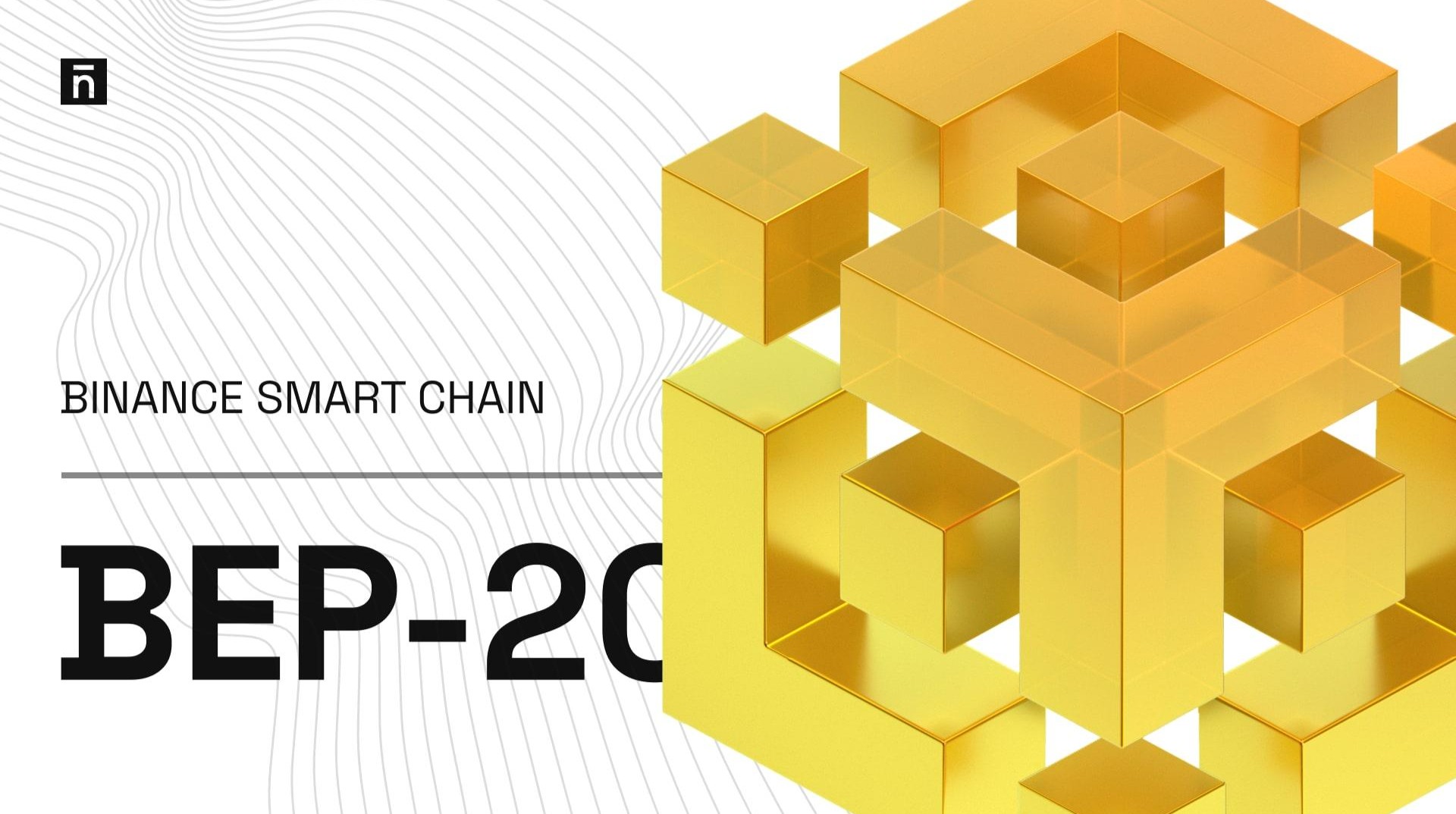
BEP-20: Everything You Need To Know
BEP-20 is a token standard on the Binance Smart Chain (BSC), enabling the creation of fungible tokens with specific functionalities.
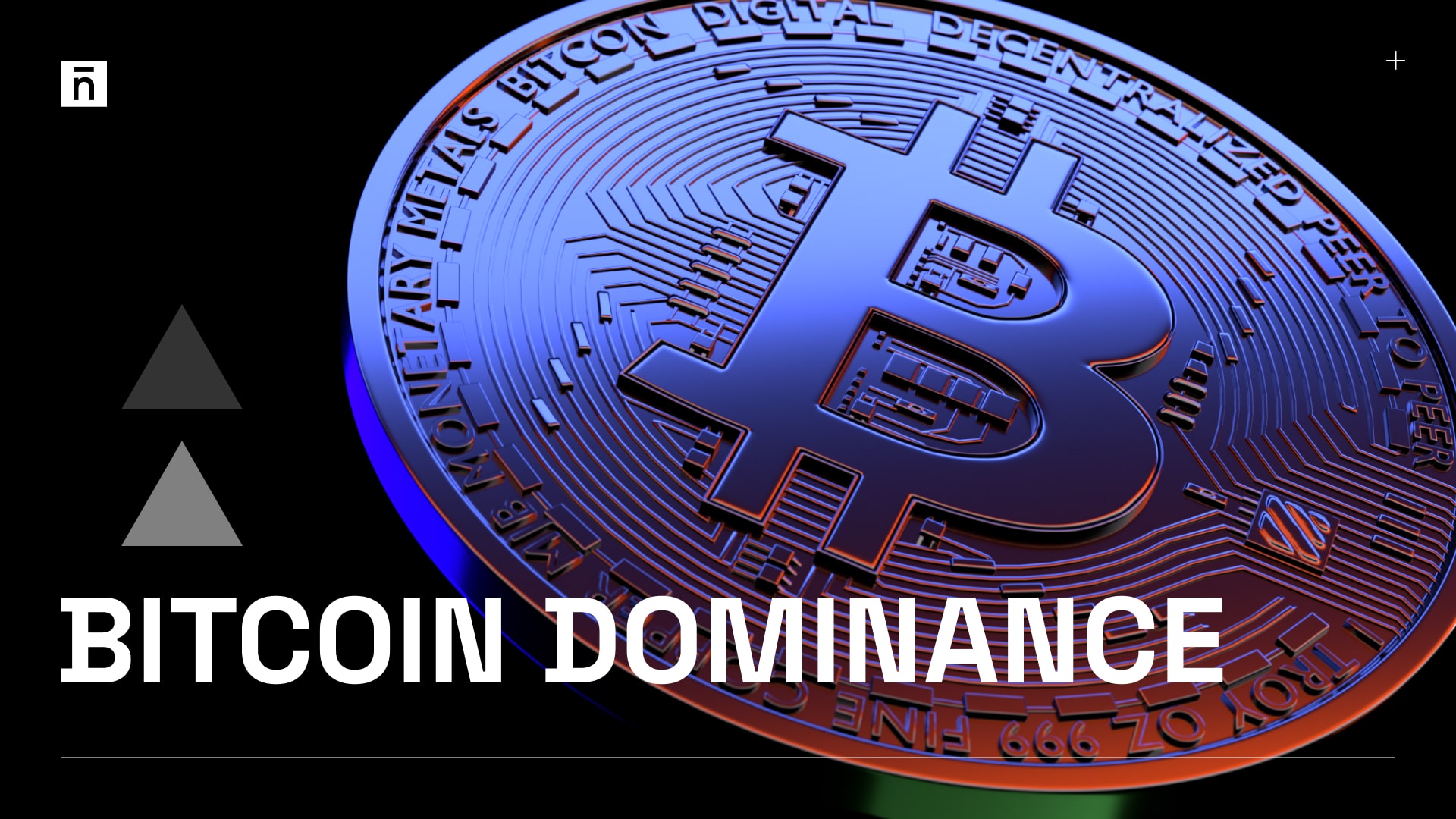
Bitcoin Dominance Explained For Beginners
Discover the basics of Bitcoin Dominance in the crypto world. Learn how it affects markets and what it means for beginners.

Securing Your Crypto: Exploring 5 Bulletproof Cold Storage Wallet Solutions
Discover top-notch security with 5 robust cold storage wallet solutions. Safeguard your crypto assets from online threats effectively.
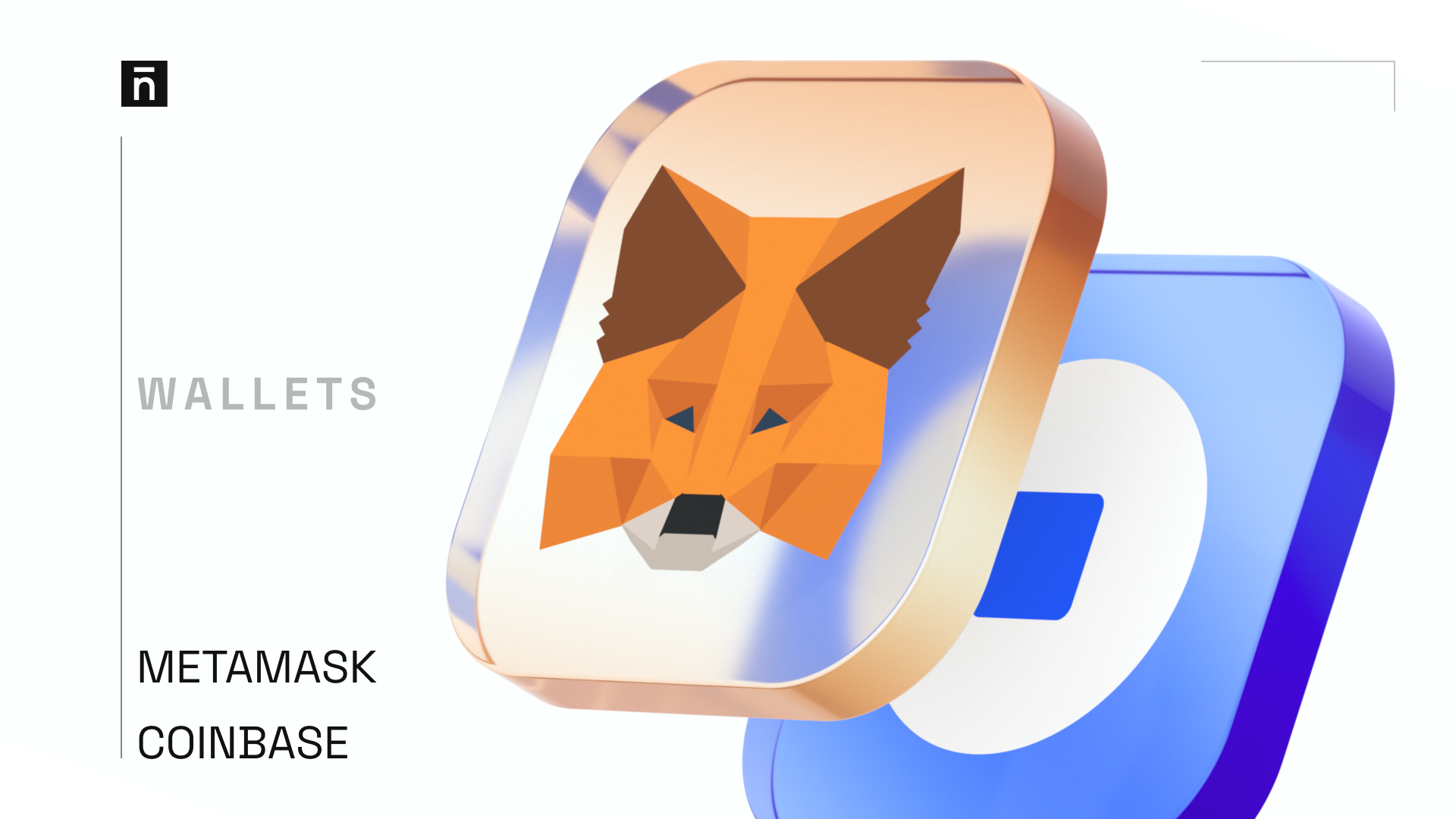
MetaMask vs Coinbase Wallet: Understanding the Differences
Is Metamask the best hot wallet for crypto? We answer questions like this by stacking it up against the likes of Coinbase Wallet.
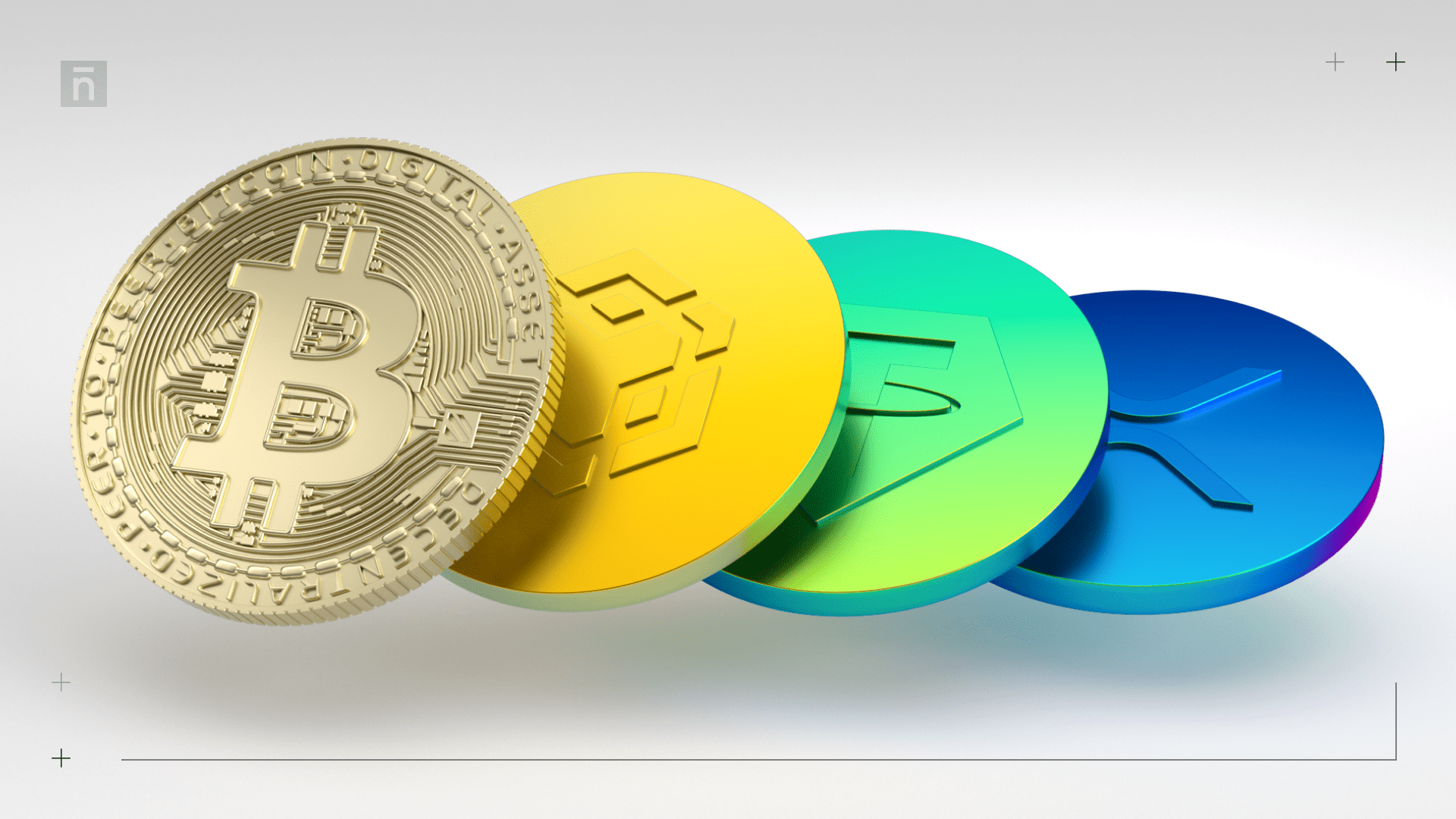
Bitcoin vs Cryptocurrency: What’s The Difference?
In the ever-evolving landscape of blockchain and cryptocurrency technology, the past few years have witnessed an unprecedented surge in innovation and creativity. The capabilities of crypto in 2023 show promising signs to reshape industries, redefine financial systems, and enhance how we interact with technology.
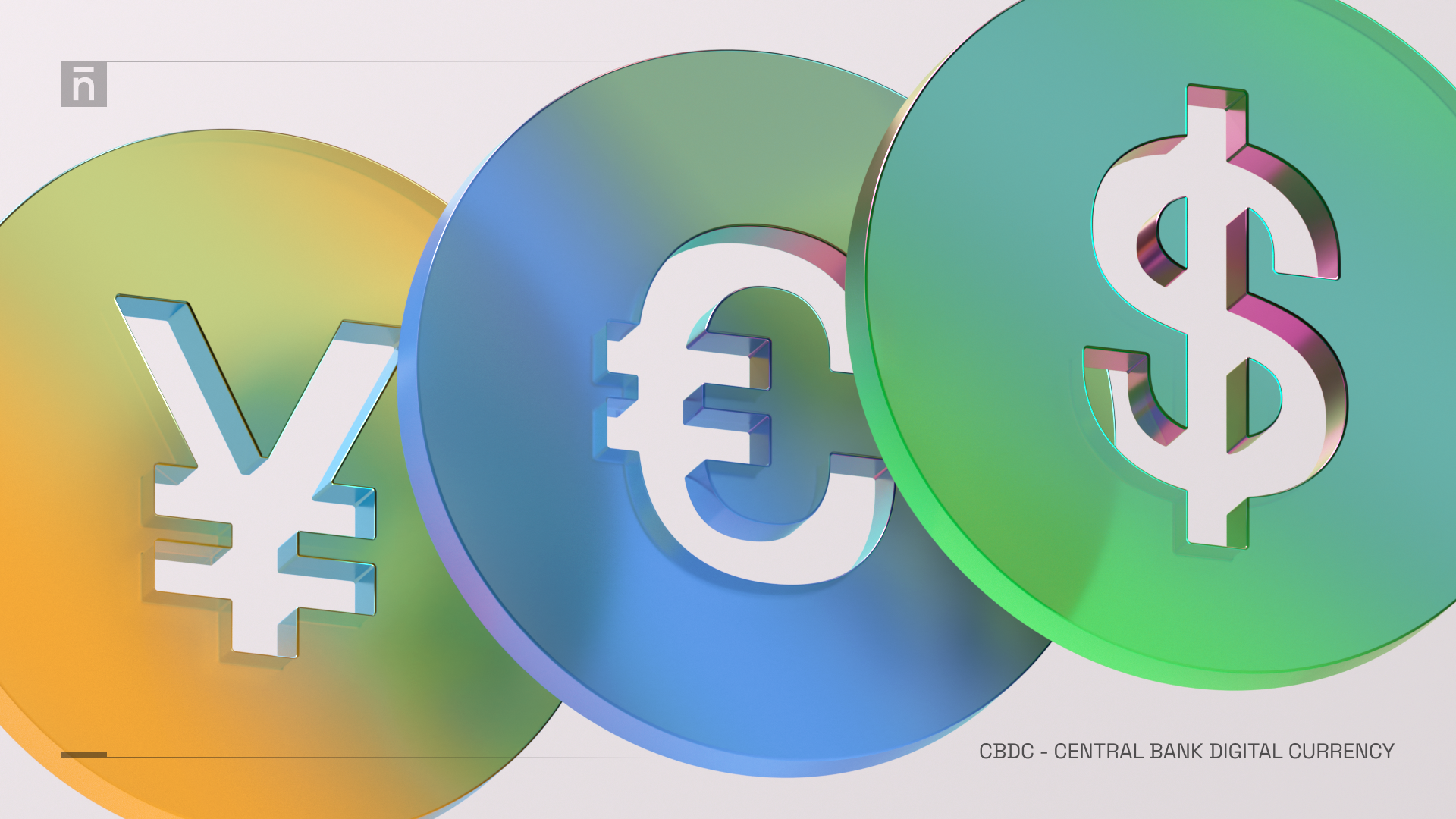
What is a CBDC? A Crypto Competitor or The Next World Currency?
CBDCs are digital forms of sovereign currencies issued and controlled by a country's central bank. While they share some similarities with cryptocurrencies, such as being digital and blockchain-based (in some cases), CBDCs are fundamentally different and carry significant implications for the future of finance and global economics.
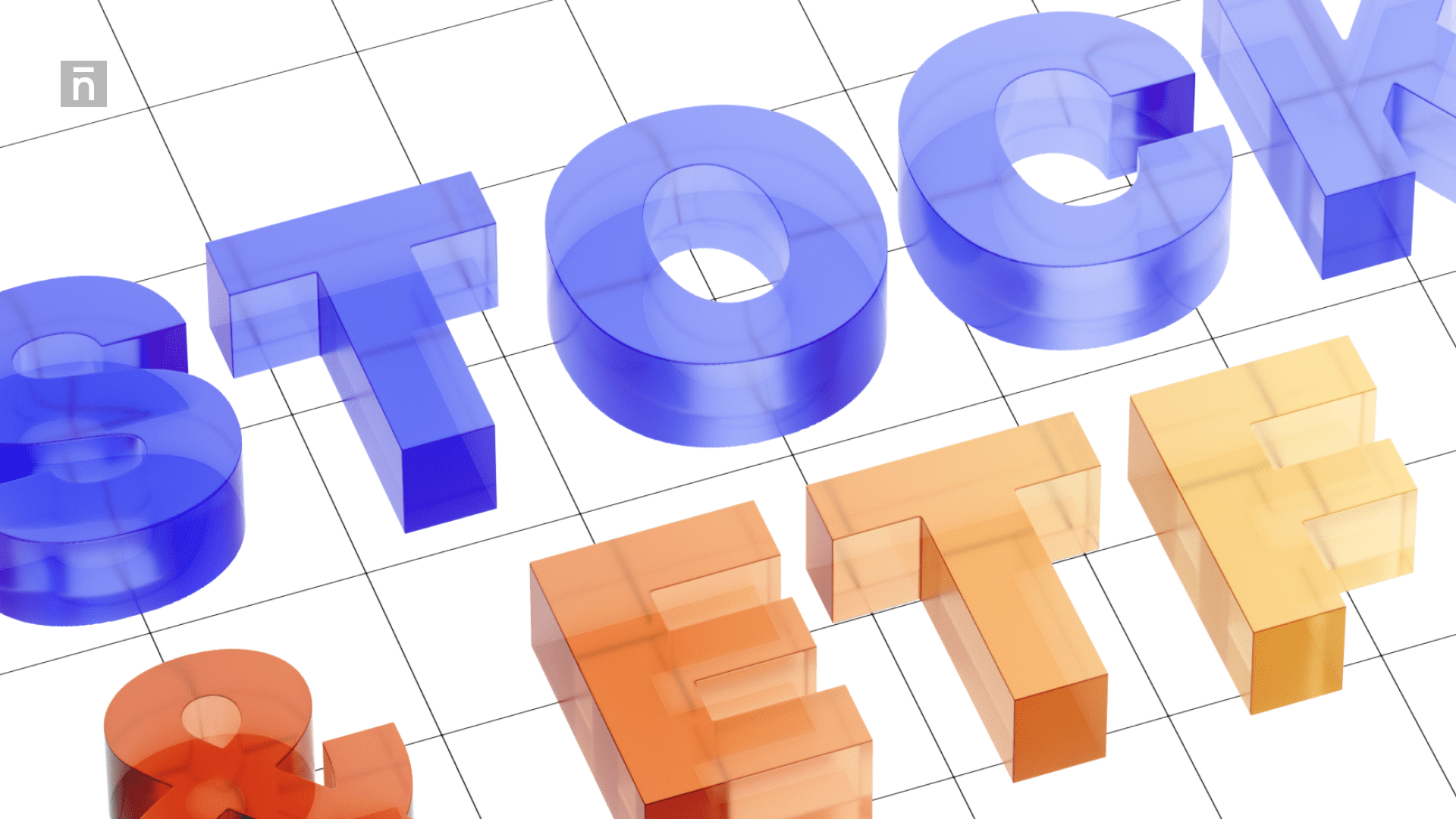
Bitcoin ETFs and Traditional Markets: A Deep Dive into ETFs
With all this talk about ETFs, there isn’t a better time to learn about non-crypto financial assets. A broader understanding of ETFs and their comparison with traditional assets, such as stocks, is essential for users seeking to navigate the ever-evolving landscape of financial opportunities.
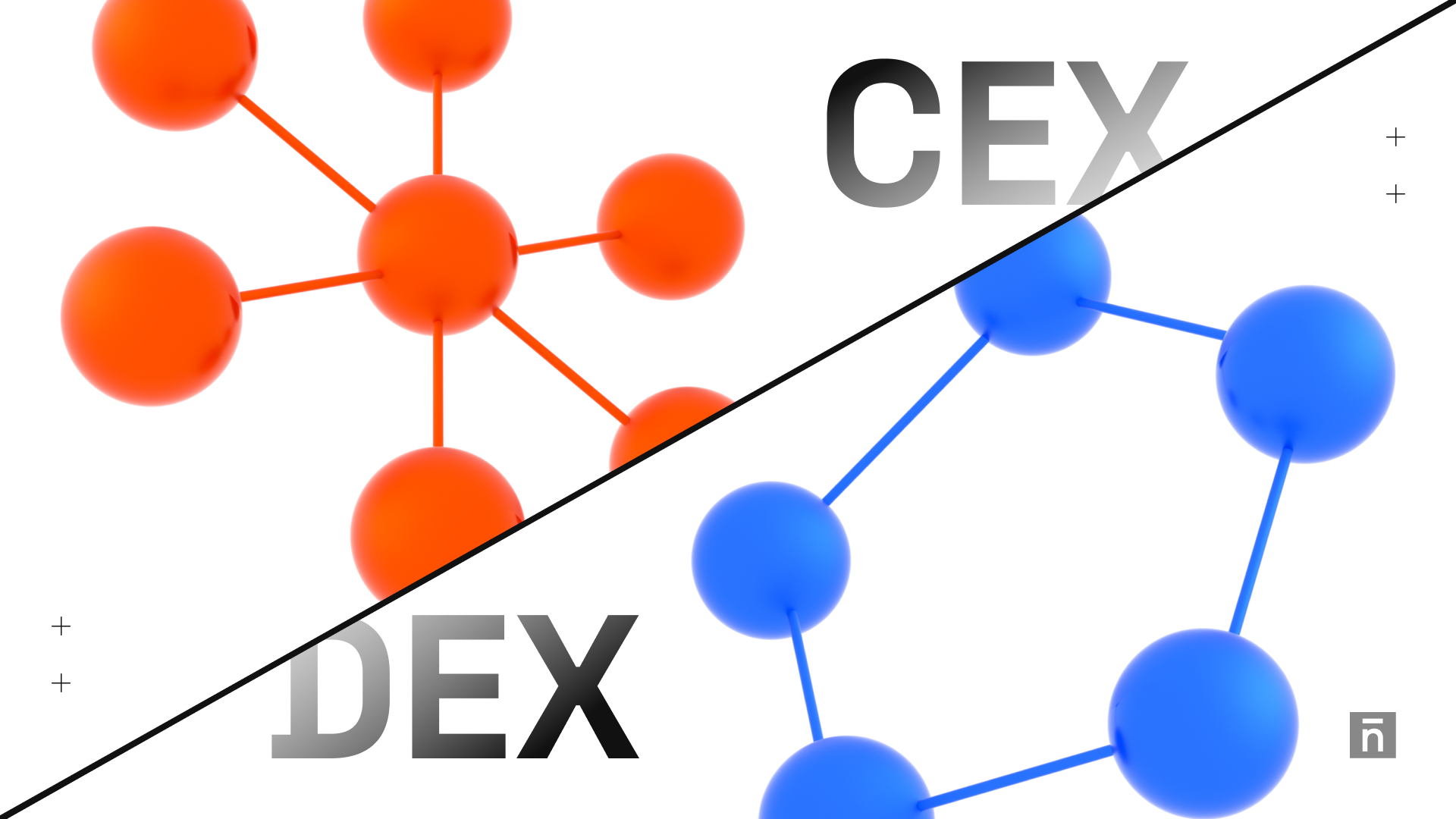
Decentralized Exchange vs. Centralized Exchange: Which Offers More Value?
A battle is underway in digital asset trading, pitting the traditional powerhouse, the centralized exchange (CEX), against the daring upstart, the decentralized exchange (DEX). With devoted supporters and fierce critics on both sides, tensions run high as we delve into the strengths and weaknesses of each approach.

DeFi for Social Impact: How Decentralized Finance is Driving Financial Inclusion
The rise of decentralized finance, commonly known as DeFi, has revolutionized the traditional financial landscape by leveraging blockchain technology and smart contracts to create an open and permissionless financial ecosystem.

Mastering DeFi: A Comprehensive Tutorial on Setting up and Using Wallets
The lack of crypto wallet knowledge is one of the biggest barriers to DeFi adoption. Why? It’s not conventional. People have a centralized ideology when it comes to interacting with money.

What are the biggest opportunities in DeFi
When it comes to the biggest opportunities in DeFi, there are many avenues one could go through to access them. But first, let’s clarify what a big opportunity is in DeFi.
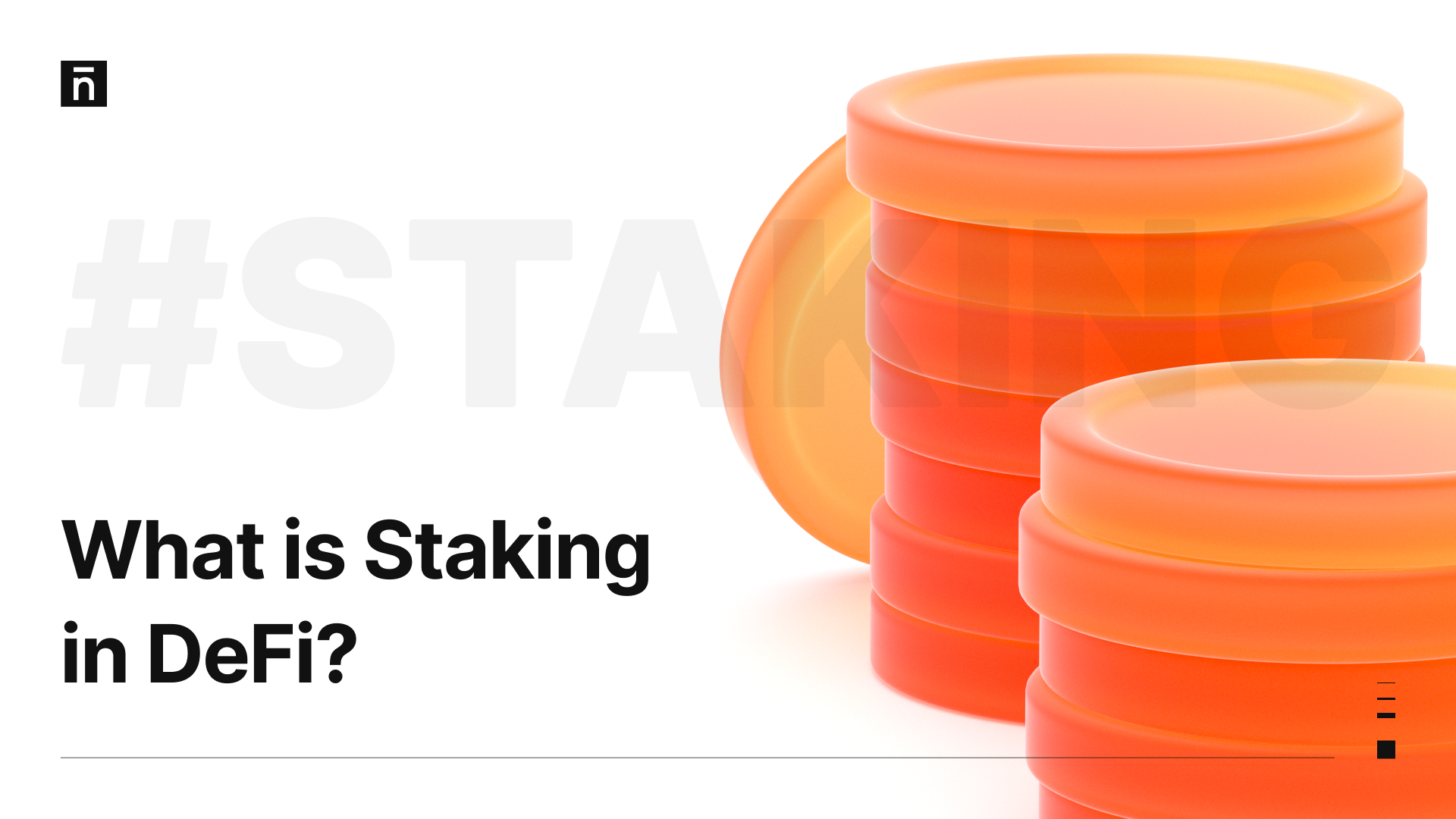
What is Staking in DeFi
Staking is one of the most popular activities in crypto. In simple terms, it involves locking up cryptocurrency assets in a wallet or smart contract to support the operations and security of a blockchain network and earn rewards in return.
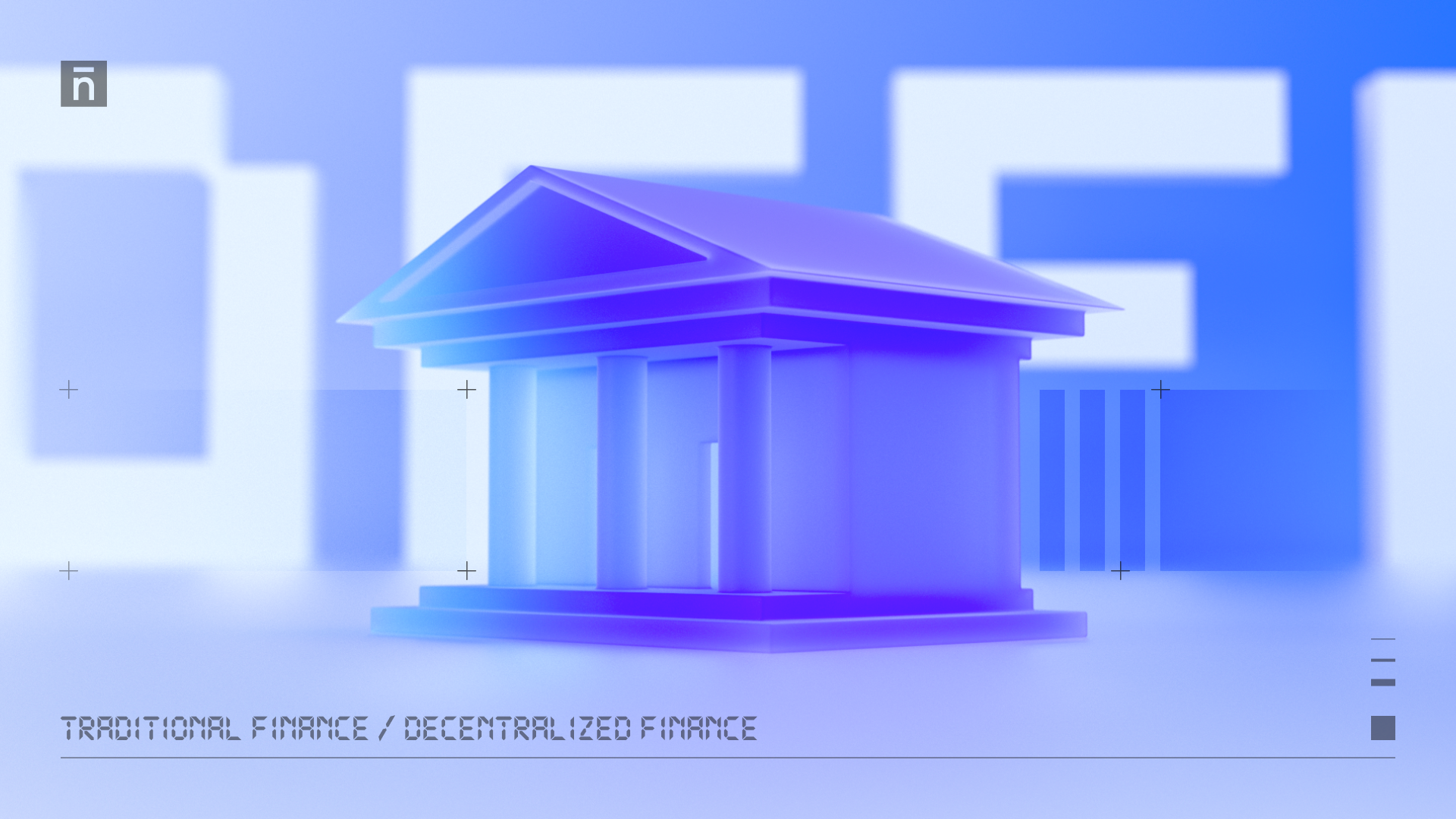
Will Banks Adapt to a DeFi Future
As DeFi continues to gain momentum, the question arises: Will traditional banks adapt to a DeFi future? DeFi, with its promise of democratizing finance, eliminating intermediaries, and enabling peer-to-peer transactions, poses both opportunities and challenges for the banking industry.

Who Controls DeFi
In traditional finance, centralized institutions have significant control over the financial system. They set the rules, make decisions, and manage transactions on behalf of their customers. In contrast, DeFi operates on decentralized networks, typically built on blockchain platforms like Ethereum and Binance Smart Chain. These networks are composed of various participants, including developers, users, liquidity providers, and token holders.
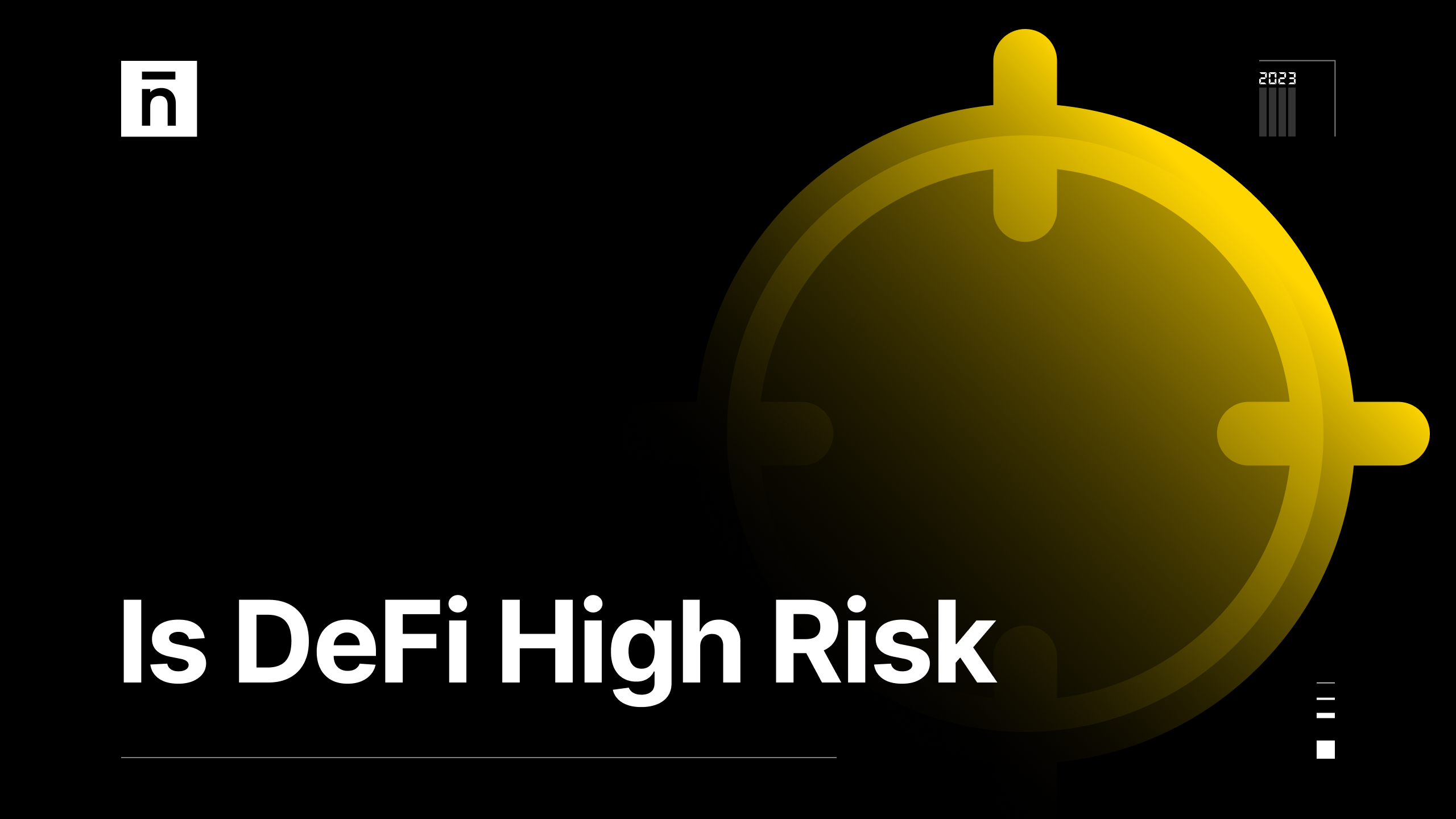
Is DeFi High Risk
In this article, we take a deep dive into the risk factors of entering the DeFi industry. DeFi is less than 10 years old and has amassed billions of dollars – it presents itself as a lucrative sector that gets a lot of attention due to new game-changing protocols and financial technology.
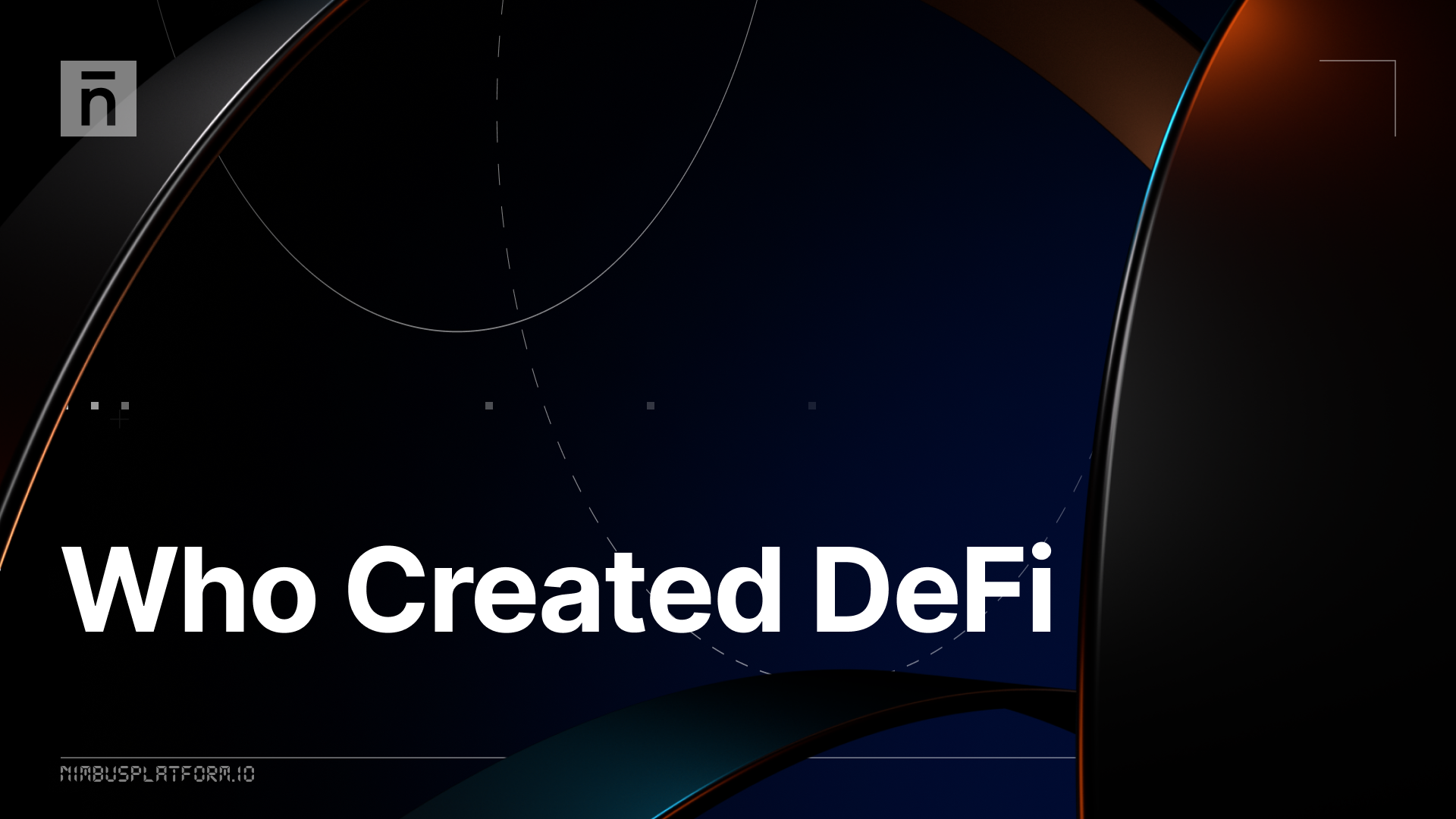
Who Created DeFi
Decentralized Finance (DeFi) has been in existence for less than 10 years and has already amassed a market cap of over $47 billion. DeFi is a financial system built on blockchain technology that aims to provide decentralized financial services to users without the need for intermediaries.
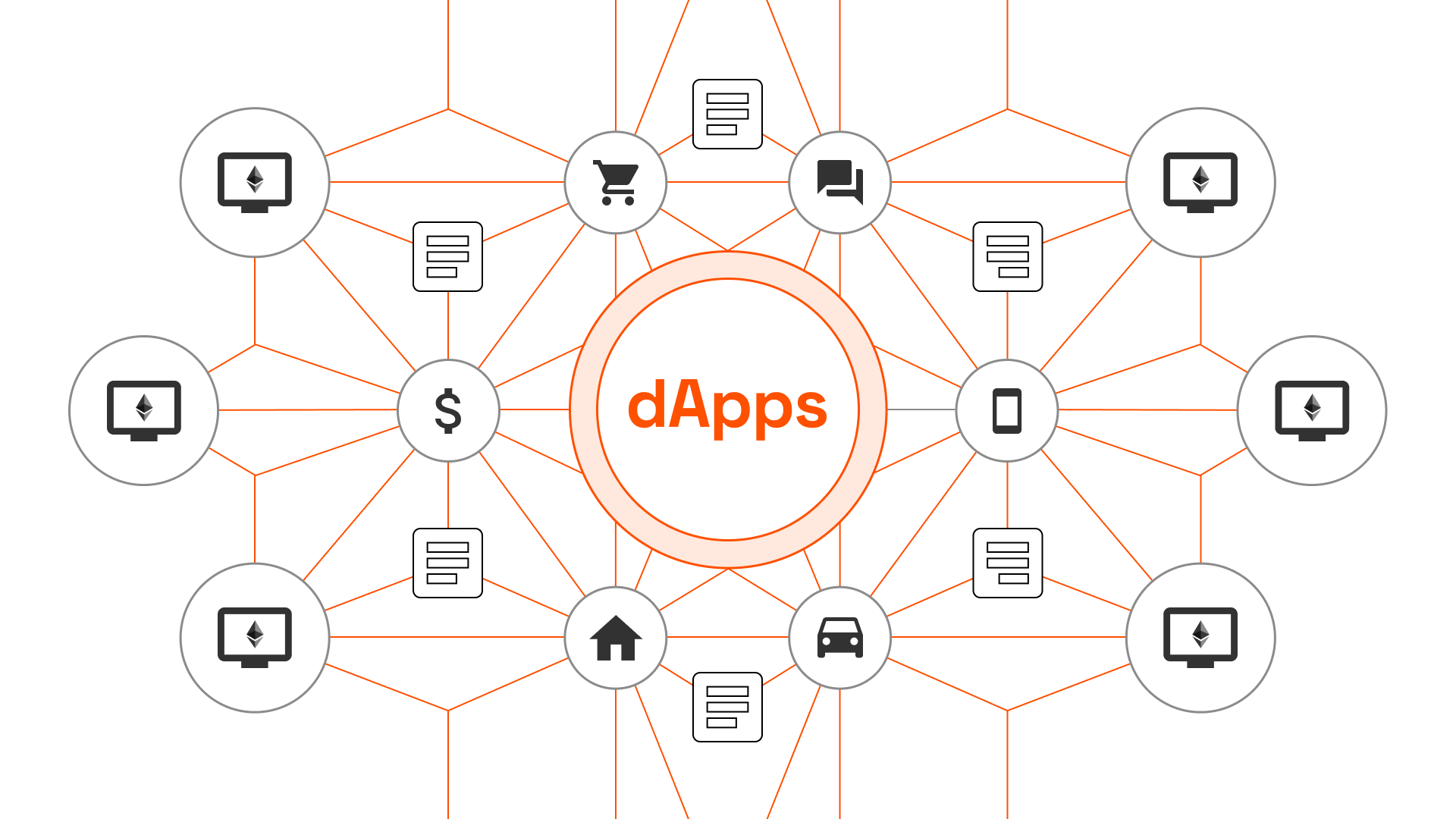
What Are DApps
DApps are decentralized applications built on top of the blockchain network. They provide users with a secure and transparent way to interact with the digital world. Learn more about DApps and how you can use them to interact more securely and transparently with digital services.
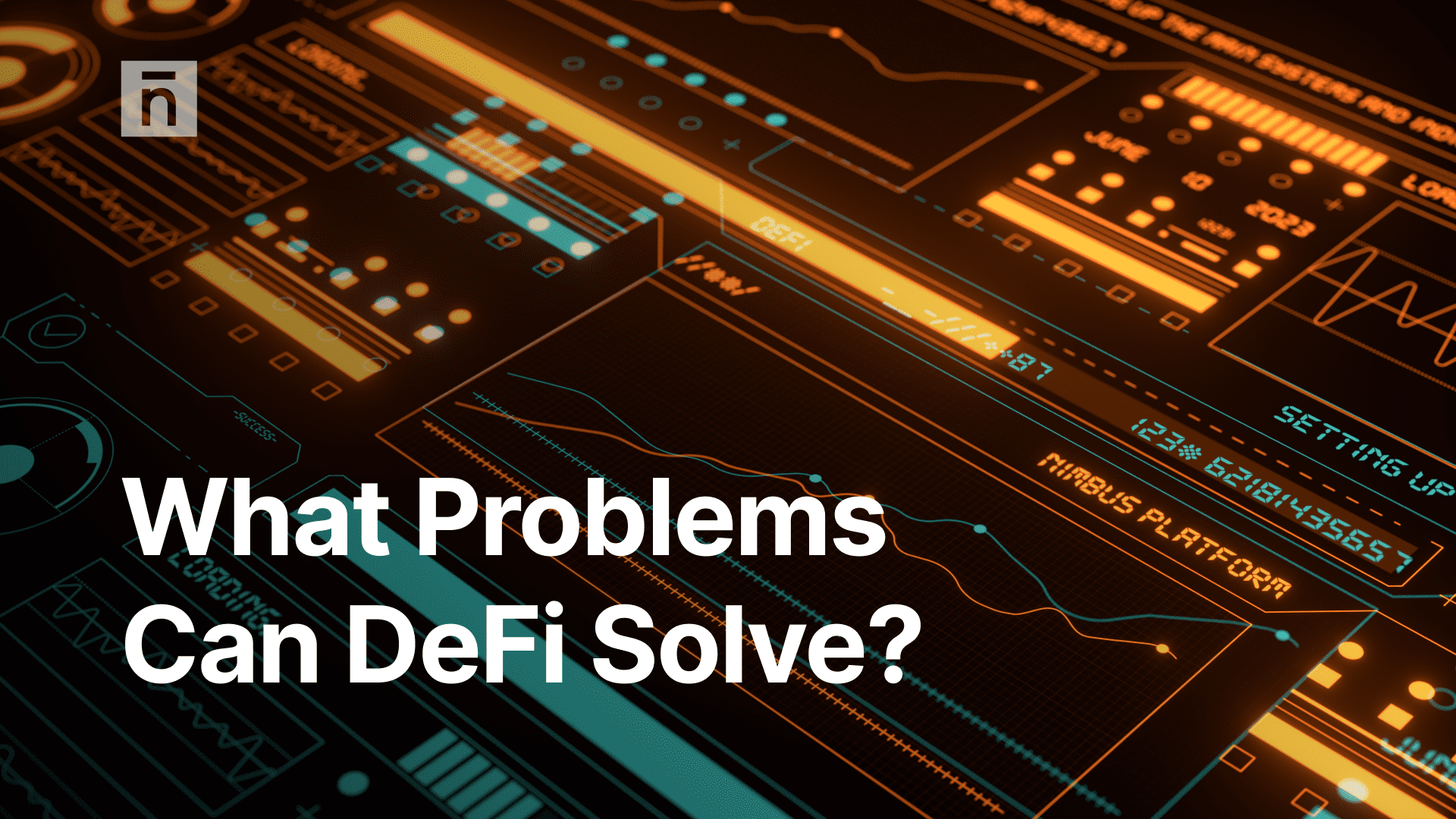
What Problems Can DeFi Solve
Learn more about the potential of DeFi and what existing financial problems Decentralized Finance (DeFi) can solve.
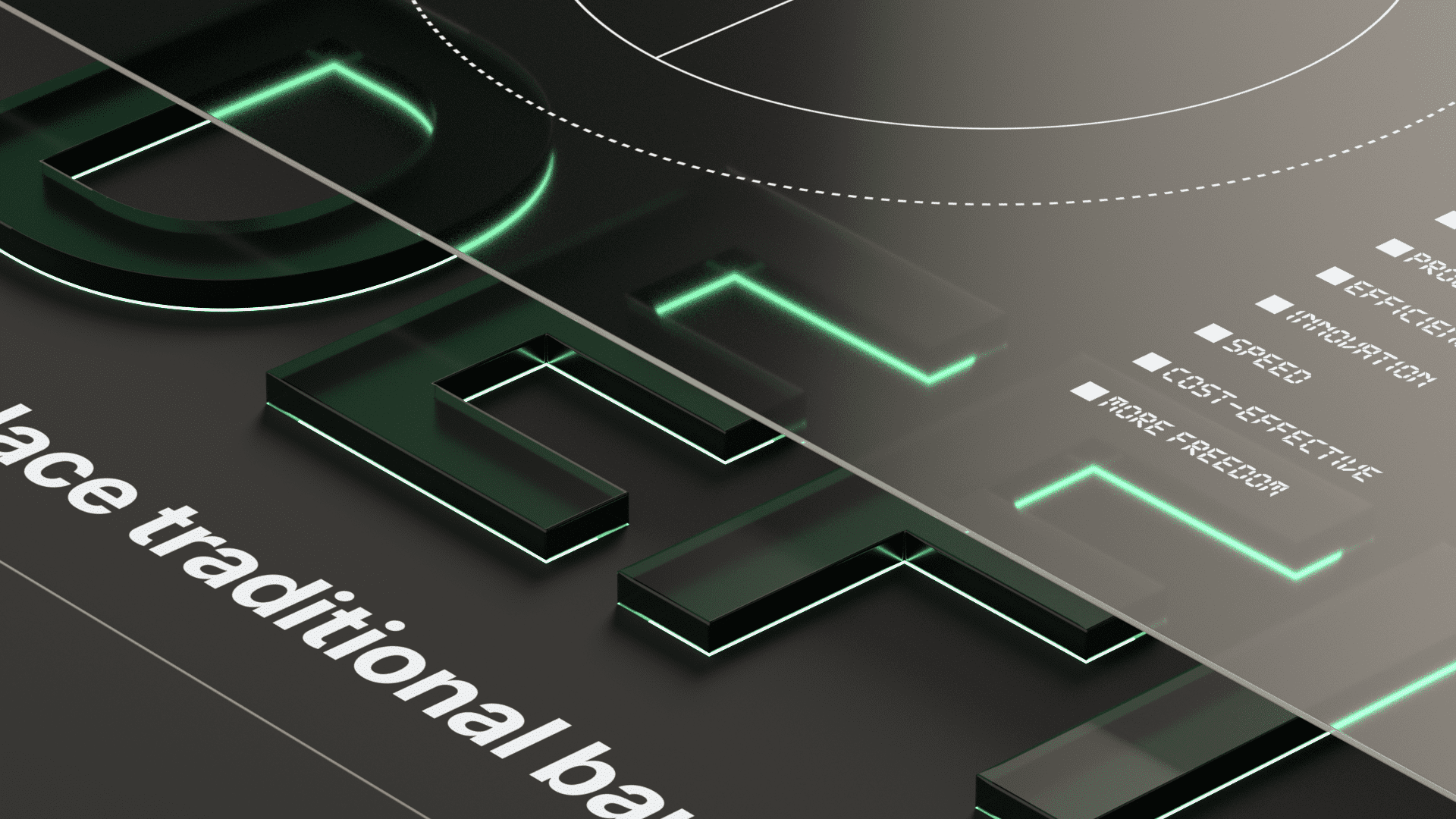
Can DeFi Replace Banks
Learn how decentralized finance (DeFi) can replace banking and financial services. Find out why DeFi is gaining traction with investors and banks alike.

Can You Make a Living With DeFi
Learn if DeFi can be used to sustain your lifestyle. Decentralized finance, or DeFi, is a rapidly growing sector in the blockchain industry. DeFi offers financial services accessible to anyone with an internet connection, without the need for traditional institutions like banks.
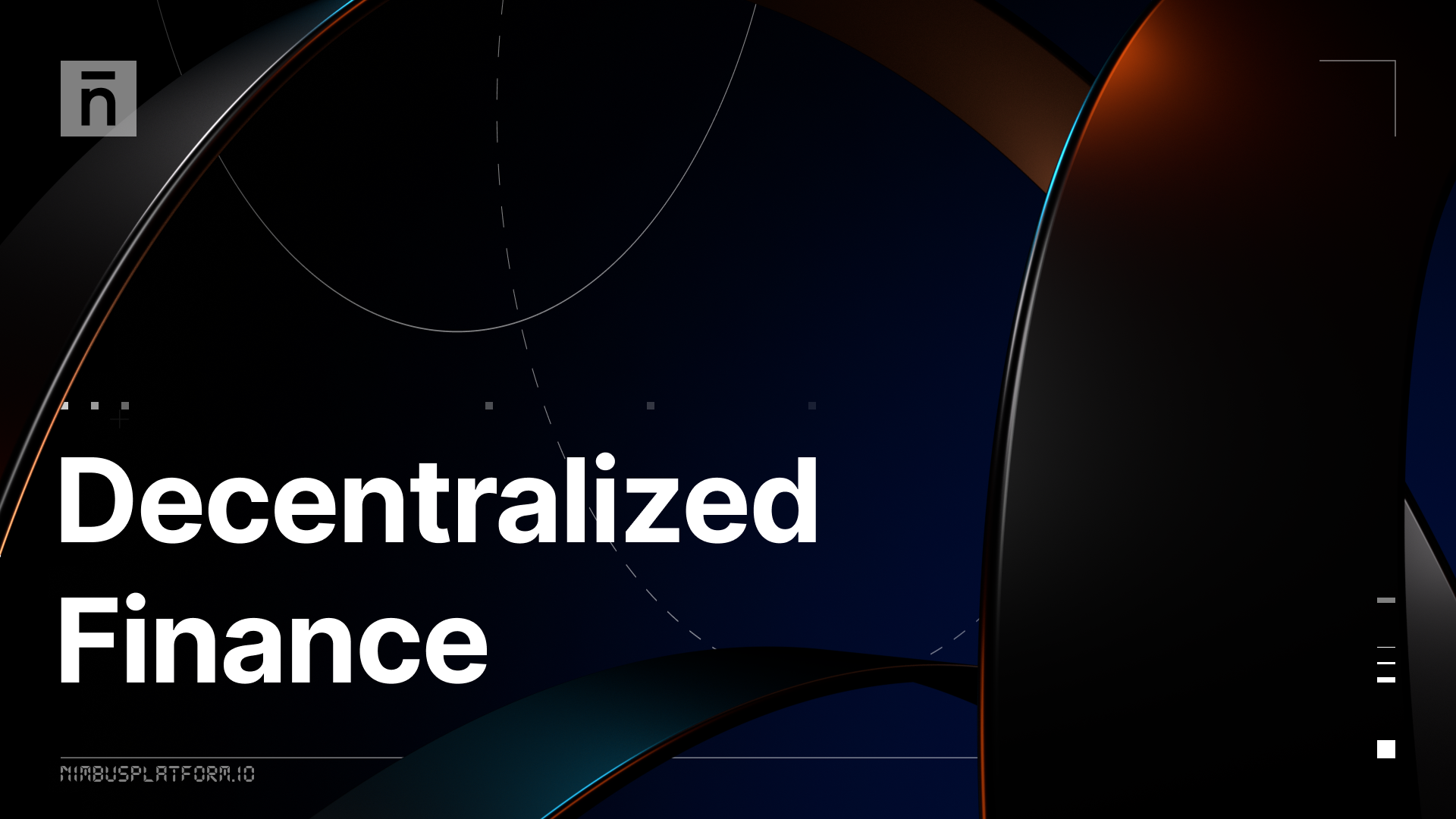
Decentralized Finance
An overview on decentralized finance and where the technology is heading
Decentralized finance (commonly called DeFi) is a global tech phenomenon that conducts finance in a way we’ve never seen before. The industry amassed billions of dollars in liquidity — in less than 10 years.
The race to build DeFi infrastructure has begun as the industry continues to grow and we’re already seeing the tech disrupt some aspects of modern finance.
But first, let’s truly understand what decentralized finance is.

An Introduction to Cryptocurrency And Blockchain Technology
An up-to-date outlook on the space, describing its beginning stage and core principles to the latest technologies.
Let's first define what cryptocurrency and blockchain are to make things simple:
What is a Blockchain? It's a decentralized, distributed ledger that records transactions in a secure, transparent, and tamper-proof manner. Think of it like an open financial network where everyone is anonymous but can see every transaction record.
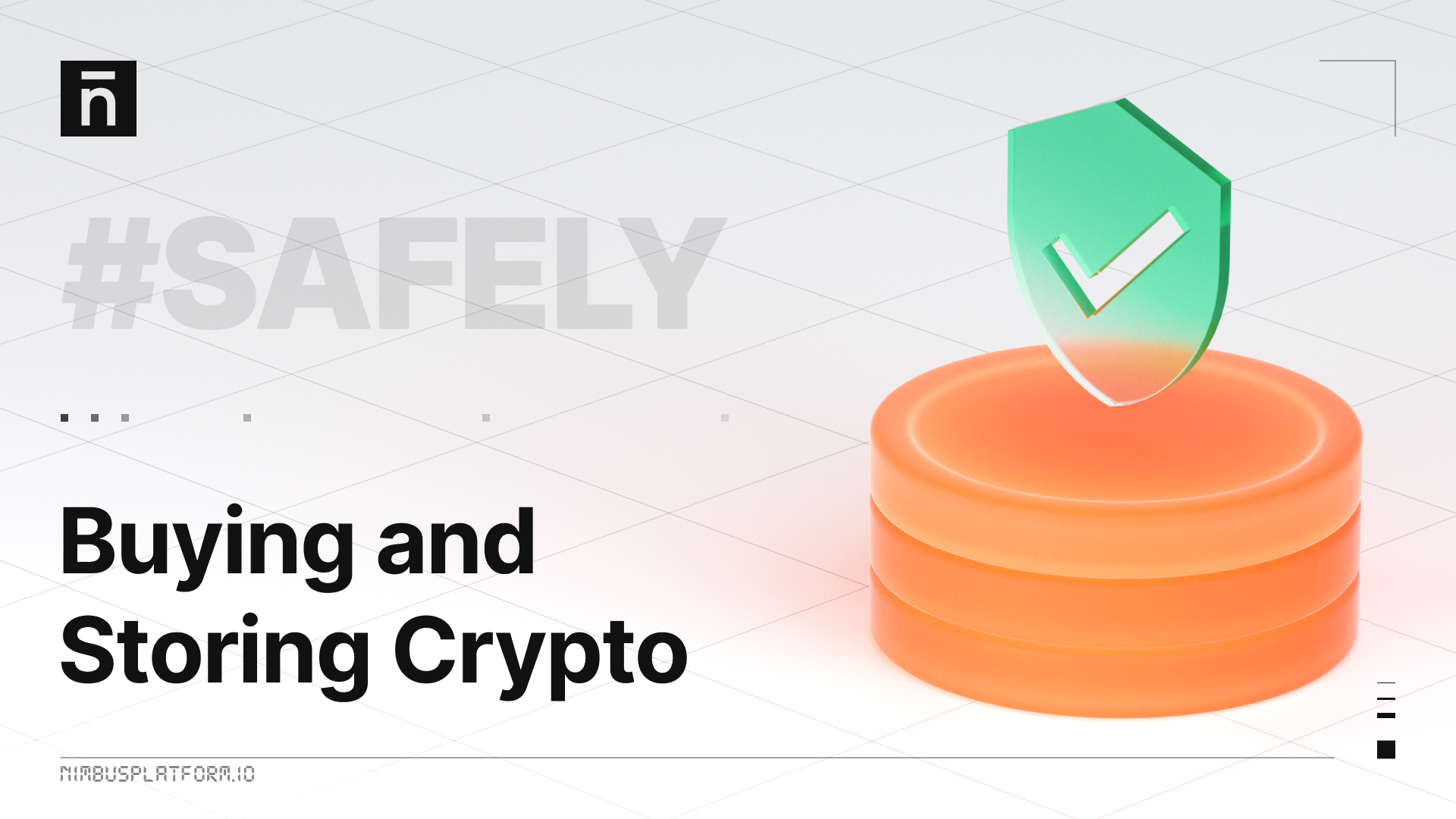
How to Buy And Store Cryptocurrency Safely
The crypto space has evolved at a speed with so many options and things going on — this makes it hard for the average person to figure out how to do things correctly.
So, we’ll explain how to safely buy and store crypto.
First, it’s important to understand cryptocurrency storage and the different ways available. How you store your crypto determines its safety and whether you own it.
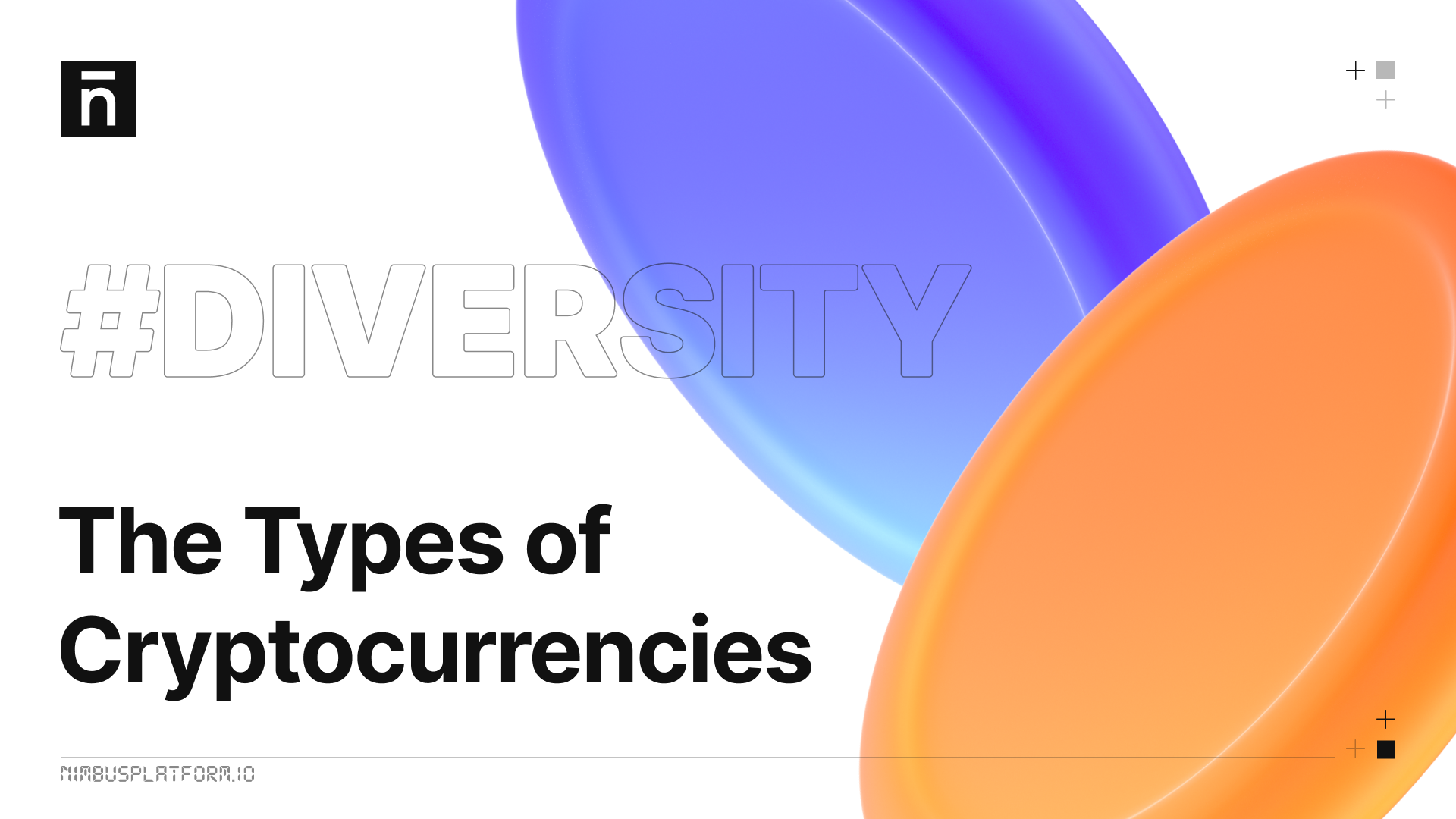
Understanding The Different Types of Cryptocurrencies
Every crypto has similar foundational blockchain principles, but not all perform the same functions – this is why it’s essential to know the different types of cryptocurrencies and their use cases.
Some cryptocurrencies are designed to function as a means of payment, while others are intended to serve as a store of value, a governance tool, or a platform for decentralized applications.
Understanding the different types of cryptocurrencies and their unique features is crucial for investors, traders, and users who want to navigate the complex and rapidly evolving cryptocurrency market.